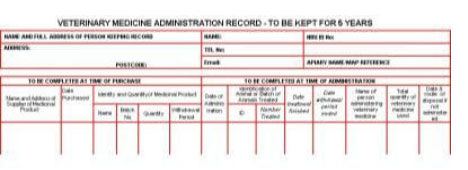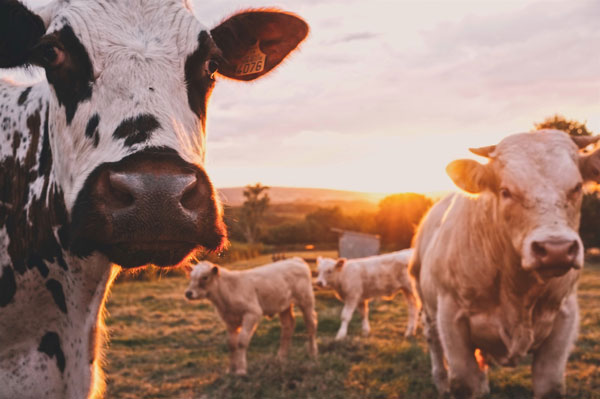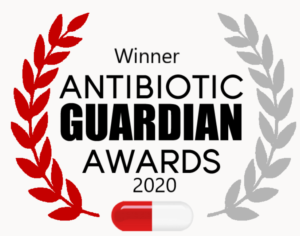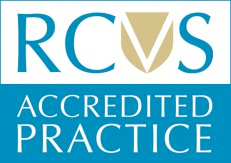Medicines and the Law
To ensure food safety strict rules are put in place regarding the usage of medicines in food producing animals. Counted as food producing animals are, amongst others, cattle, sheep, goat, pigs and horses. As all horses need a passport, this can be used to declare as either intended for human consumption (food producing) or not (non-food-producing) which will determine what medicines can be administered to them.


The withdrawal period is used to specify the time after a treatment with a certain medicine when the produce (meat, milk, eggs) can enter the food chain. When a license has been given to be used in an animal species for a certain condition, this period will be specified in the data sheet.
Medicines can be used off license by vets only which means there is no license to be used in a certain animal or for a condition. If there is a need to use the medication, a specified withdrawal period needs to be used unless the original period in the data sheet is longer (see ‘the cascade’).
To keep track of all the medicines used on a holding a medicine records book has to be kept up. Every item of medication you buy (from the vet or a wholesaler) will have to be recorded in this book with the amount, batch number and expiry date. For each treatment you need the following information: animal identification, medicine name, volume used, treatment date, batch number, expiry date and withdrawal period.
Prescription medicines (POMv’s) can only be dispensed to animals which are “under a vets care”. The act of prescribing is a decision made by the prescriber which should take account:
a) The circumstances of the animal involved
b) The available authorised medicines
c) The need for responsible use of medicines and the amounts required to treat appropriately
d) The abilities and competence of the person to administer the medicine
e) The availability of an animal health plan
This is why we are required to visit your stock at least once a year to discuss management and treatment if you wish to be prescribed medicines. We call this an annual prescription check.
The cascade
When drugs are developed the company manufacturing them has to perform clinical trials to ensure their safety and efficacy. This is an expensive and long process so many companies will only do it for specific animal species for which there are large markets for their drugs. These drugs therefore should ideally only be used in the species they are licensed for.
However some minority species such as goats, camelids or in some types of disease we may find there are no licensed products available. When this happens a veterinarian is allowed to prescribe using the following sequence (off license use):
a) A veterinary medicine authorised for another species or a different condition in the same species.
b) If the above is not available then
i. A medicine licensed in the UK for human use
ii. A veterinary medicine from another Member State that may need to be imported with an import certificate
c) A medicine prepared extemporaneously by a vet pharmacist or person with appropriate manufacturer authorisation.
We have a duty to inform the owner an off licence medicine is being used, even when there is no alternative and discuss any possible side effects.
For food producing animals the treatment plan is restricted to animals on a particular holding, if imported from abroad the product must be licensed for use in food animals in that country, must have an MRL (Maximum Residue Limit) and we must specify an appropriate withdrawal time.
Standard withdrawal times for off licence products are
28 days for meat and offal
7 days for milk
7 days for eggs
500 degree days for fish
This will be longer if the product has a longer withdrawal period in its target species.
Disposing of unused medicines, empty bottles, syringes and needles
To safely dispose of unused medications, empty bottles and syringes, a DOOP bin may be purchased from your veterinarian. The cost of this includes its disposal by incineration.
To safely dispose of needles you need to purchase a sharps bin from your veterinarian. The cost of this includes its disposal by incineration.
Many health schemes such as red tractor will check that you have these bins in order to pass you onto their scheme.
North Park are very proud to be the winner of the Antibiotic Guardian Awards in 2020.
This was awarded after the practice implemented a protocol to end the prophylactic usage of spectinomycin in neonates and monitoring the overall usage of antibiotics on sheep farms. The Judges commended the project for demonstrating a clear impact on reducing prophylactic use of antibiotics in lambs and there is potential to replicate these actions at other sheep veterinary practices across the country.

Animal Welfare Act – section 9
We would like to make all of our farm clients aware of this section of the Animal Welfare Act 2006 section 9.
Duty of person responsible for animal to ensure welfare
- A person commits an offence if he does not take such steps as are reasonable in all the circumstances to ensure that the needs of an animal for which he is responsible are met to the extent required by good practice.
- For the purposes of this Act, an animal’s needs shall be taken to include—
- (a) its need for a suitable environment
- (b) its need for a suitable diet,
- (c) its need to be able to exhibit normal behaviour patterns
- (d) any need it has to be housed with, or apart from, other animals, and
- (e) its need to be protected from pain, suffering, injury and disease.
- The circumstances to which it is relevant to have regard when applying subsection (1) include, in particular
- (a) any lawful purpose for which the animal is kept, and
- (b) any lawful activity undertaken in relation to the animal.
- Nothing in this section applies to the destruction of an animal in an appropriate and humane manner.


